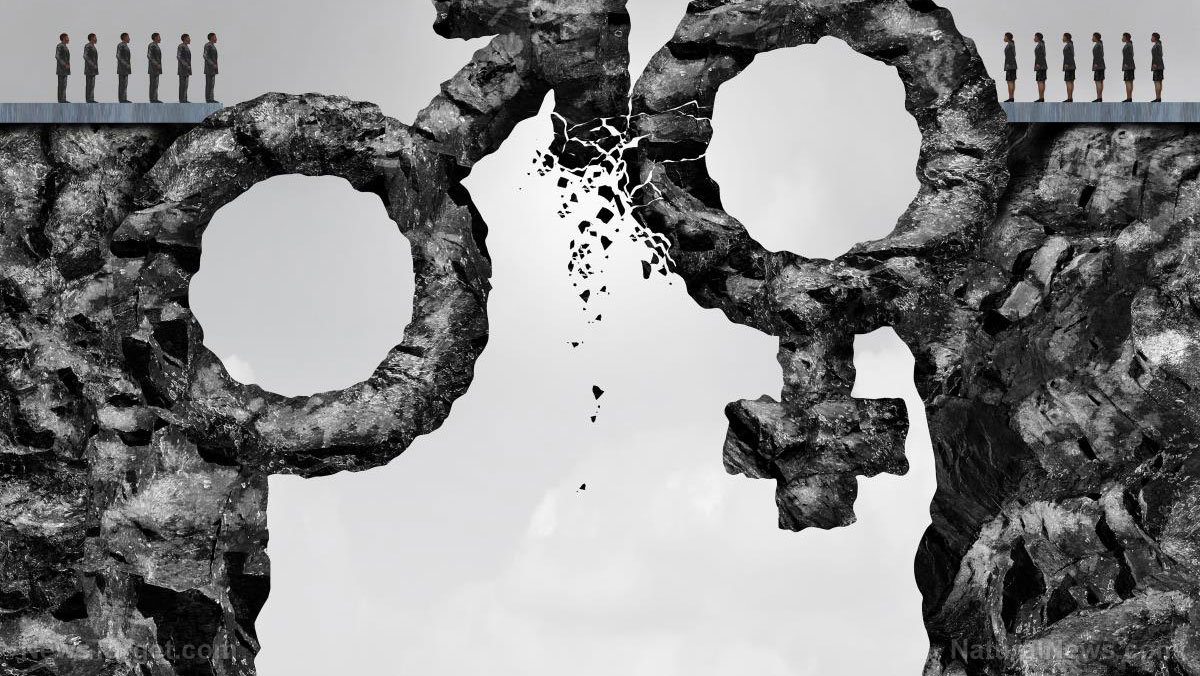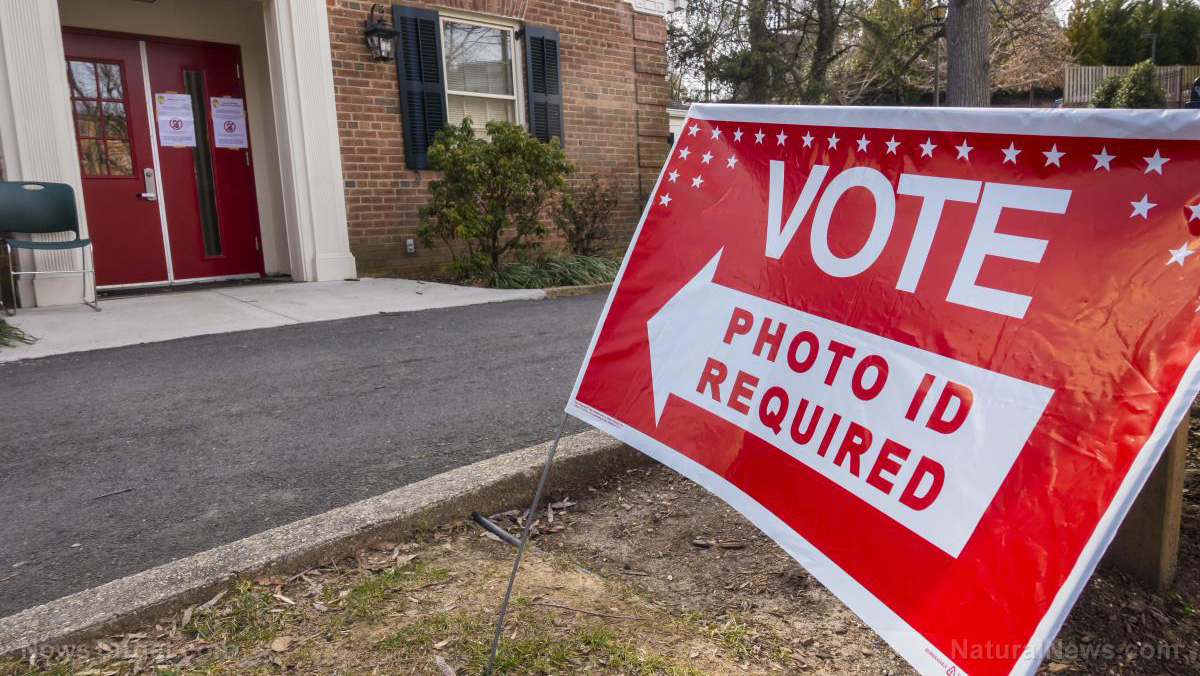
Alabama lawmakers are pushing forward legislation that strictly defines gender within a binary framework.
Senate Bill 92, which was recently approved by a committee, defines the existence of only two sexes – male and female – based on the genitals individuals are born with, and notes that gender is "objective and fixed."
SB 92 provides clarity for schools, local governments, health departments, social services and other agencies to establish single-sex spaces, such as bathrooms, based on these definitions. Thus, it mandates that any state-supported entity collecting sex-related information must identify each individual as either male or female at birth.
In the bill, a female is defined as a person "who has, had, will have, or would have, but for a developmental anomaly, genetic anomaly, or accident, the reproductive system that at some point produces ova."
Meanwhile, a male is defined as someone "who has, had, will have, or would have, but for a developmental anomaly, genetic anomaly, or accident, the reproductive system that at some point produces sperm."
Moreover, the bill includes provisions for intersex individuals or people born with both male and female genitals. The bill allows their sex to be labeled as unknown "when sex cannot be medically determined for developmental or other reasons." (Related: New Florida law limits instruction on gender identity and sexual orientation indoctrination in public schools.)
According to State Sen. April Weaver (R-Brierfield), the main proponent of the bill, the definitions guide courts in interpreting existing laws based on the traditional understanding of terms like male, female, woman, man, boy, girl, mother, father and sex.
"This bill is a definitional bill for our courts to have guidance when interpreting laws that already exist in Alabama. Most important to acknowledge in this bill is that there are only two sexes – male and female – and the term sex is objective and fixed," Weaver said.
Democrats worried the bill will prevent biological male and female inmates from sharing the same prison
Opponents of the bill argue that it may have unintended consequences, such as the misplacement of transgender individuals in prisons where inmates are separated according to their gender.
State Sens. Linda Coleman-Madison (D-Birmingham) and Merika Coleman (D-Pleasant Grove) questioned the bill's necessity and expressed their disappointment.
"This is just so heartbreaking. We spend all of this time about trying to keep people down who are not like us. It's sad," Coleman-Madison said.
During a public hearing, opponents argued that such legislation targets the rights of transgender individuals to navigate daily life without discrimination.
For instance, Allison Montgomery, a transgender woman, highlighted concerns that individuals who have undergone hormone therapy and developed physical features of the opposite gender could be required to use facilities incongruent with their gender identity.
"I'm here to say that I’m literally just a woman. I'm also transgender. People like me have always existed, and it's OK that we exist," Montgomery said.
Critics argue that the legislation contradicts decades of medical research indicating that gender exists on a spectrum and that sexual anatomy does not always align with chromosomes and genes.
Out of frustration, they even accused Republicans of passing the bill as part of a broader trend in Republican-led states to regulate transgender lives, including bathroom usage, participation in school sports teams and access to the so-called "gender-affirming" care.
Head over to Gender.news for more stories about the pushback against transgenderism.
Watch this video that talks about gender in America.
This video is from the TruthParadigm channel on Brighteon.com.
More related stories:
Texas enforces BAN on gender-related medical procedures for teens.
Study: Jobseekers who put NONBINARY gender pronouns on their resumes LESS LIKELY to be hired.
Sources include:
Please contact us for more information.




















